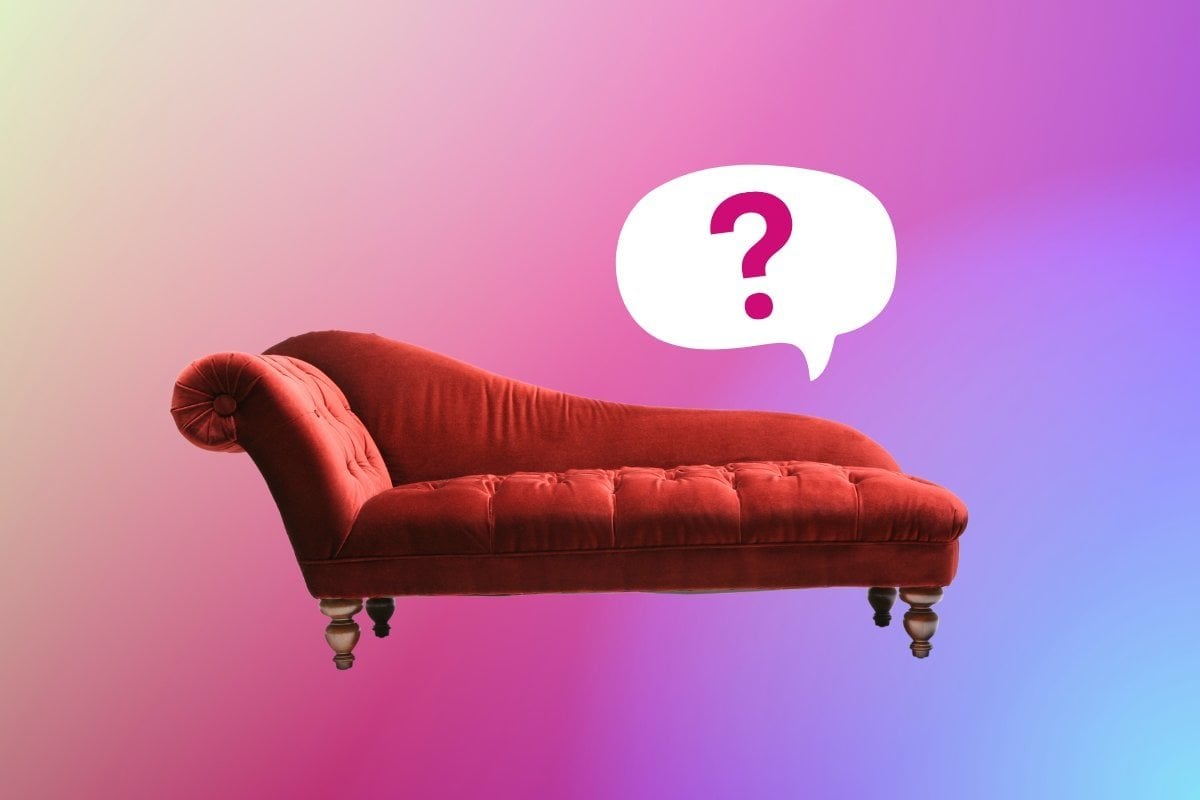
Welcome to Mamamia's Ask A Psych. A series where we give the Mamamia audience the chance to ask a psychologist a question they'd love to be professionally answered. This could be anything from relationship stress, mental health confusion, career chaos or parenting dilemmas. If you want to anonymously submit a question for our psychologist, you can do so here.
This week we hear from someone who seeks advice on what they can do to support a family member who has a personality disorder and at the same time still help themselves.
I have a close family member who has a personality disorder, and I really struggle to know what to do. How can you support someone with BPD and still help yourself?
Living with a personality disorder can be distressing and difficult for the individual with the diagnosis, and those around that person may of course be impacted. Borderline Personality Disorder (BPD) is characterised by a long-term pattern of instability in that person’s sense of self and in their relationships, impulsive behaviour, reactive and unstable moods, and often self-harming behaviours as well as other “intense” emotional symptoms.
When a person in our lives is displaying these sorts of behaviours and patterns, it can be incredibly challenging to have a relationship with them.
In my practice, we see clients who are partners, parents, or relatives of someone with a personality disorder. When you’re in this situation and wanting to support that person, it can absolutely take a toll, and you might feel anger or frustration towards them, sadness or helplessness at being unable to support them, or guilt when you decide you need to step away and take time to look after yourself.
It’s important to remember that you cannot be the only person supporting them.
They need to have a support network around them, including a good GP and a psychologist who is trained to work with personality disorders, such as a Dialectical Behaviour Therapy (DBT) practitioner. In DBT, the person learns self-awareness skills through practicing mindfulness, learns how to tolerate distress, regulate their emotions, and interpersonal skills to build and maintain healthy relationships.